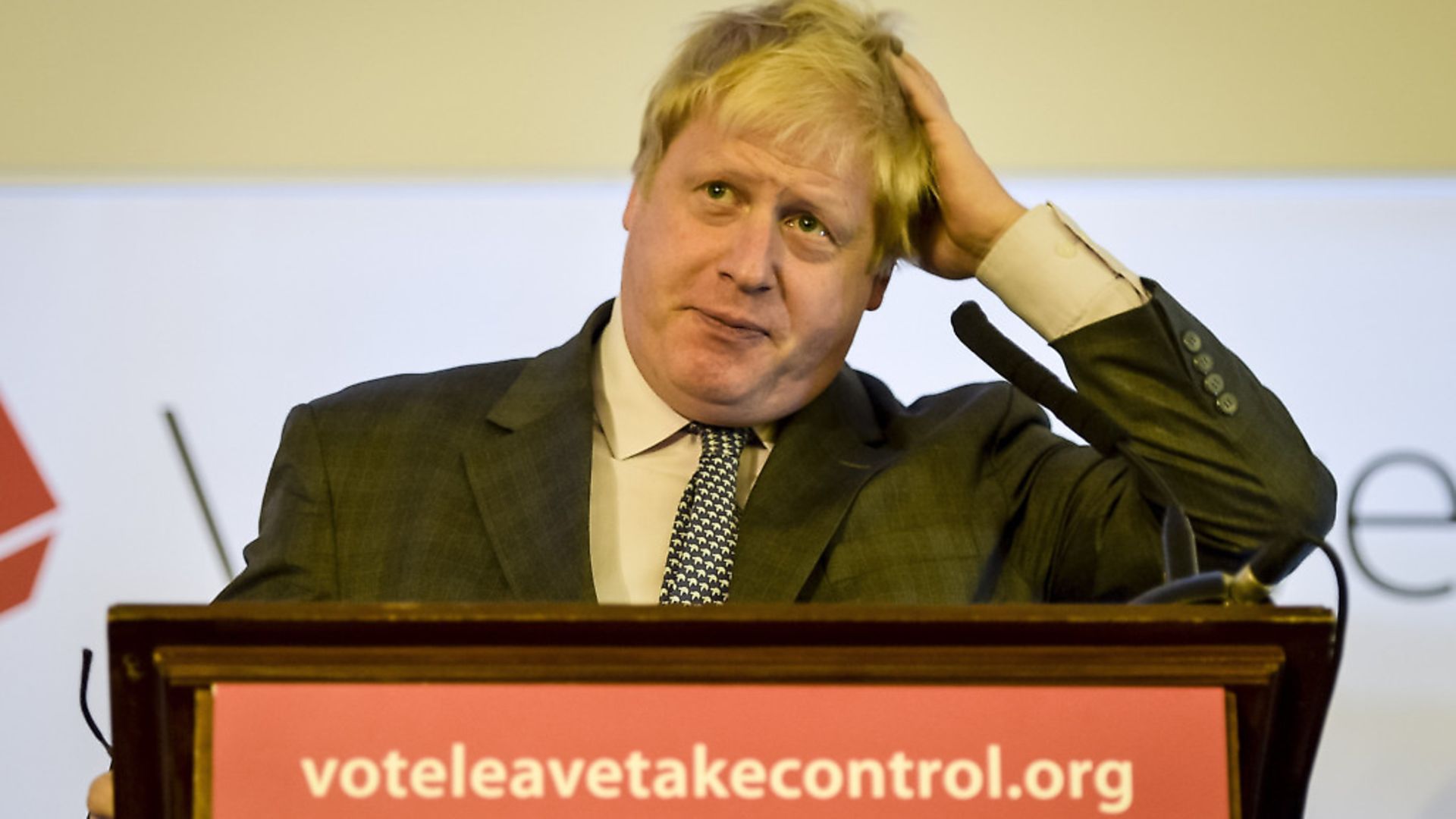
Ministers and Tory MPs have resisted attempts to give parliament a definitive say on post-Brexit trade deals.
Concerns were raised that politicians in Westminster would be unable to prevent the government reneging on commitments to protect the NHS and maintain animal welfare and food standards under the current terms of the Trade Bill.
But the government stressed UK law offers such protections and any changes would have to come before parliament.
Shadow international trade minister Bill Esterson said the lack of scrutiny threatens to leave the health service ‘wide open to pharmaceutical giants’ and to ‘undermine’ farmers and consumers.
He told the Commons: ‘Chemical washes of chicken, hormones in beef, ractopamine in pork and GM crops are banned in the UK – what’s wrong with keeping it that way?
Have your say
Send your letters for publication to The New European by emailing letters@theneweuropean.co.uk and pick up an edition each Thursday for more comment and analysis. Find your nearest stockist here or subscribe to a print or digital edition for just £13. You can also join our readers' Facebook group to keep the discussion and debate going with thousands of fellow pro-Europeans.
‘If the government is saying we’re going to do it anyway, what’s the objection to putting it all in primary legislation?’
Neil Parish, Conservative chairman of the Environment, Food and Rural Affairs Committee, said it was ‘somewhat confusing’ that ministers would not accept the amendment as the scrutiny would ensure they follow through on commitments to welfare standards.
Former environment secretary Theresa Villiers earlier called on the government to confirm it will keep the import ban on chlorine-washed chicken.
Villiers said she hoped the Government ‘will consider seriously whether changes can be made to strengthen parliamentary oversight’ through amendments from MPs or in the House of Lords.
She told MPs: ‘All I’m asking is that we don’t sell ourselves short in this country. The UK is the third-biggest market for groceries in the world – even conditional access to that market is a valuable prize.
‘Just because we would like a trade deal with the US doesn’t mean that we should give them everything they want. There is so much we can offer our trading partners in the US and other countries, and is it so unreasonable to say that when it comes to food, there are limits to liberalisation?’
MORE: These MPs just voted against protecting the NHS from a post-Brexit trade deal
But Tory former minister Steve Brine said: ‘Ultimately, won’t the consumer decide?
‘Just recently we heard Waitrose make it very, very clear that they wouldn’t be selling any product that was imported to a lower standard than we currently enjoy in this country, and their new boss actually quoted chlorine-washed chicken. I just wonder whether the public might be ahead of us on this one already.’
Opening the debate, international trade minister Greg Hands said the government was ‘committed to transparency’ regarding scrutiny of international agreements.
He said: ‘International agreements themselves cannot alter domestic law and any changes to UK legislation would need to be scrutinised by parliament in the normal way.
‘We are strongly committed to transparency, as demonstrated by the steps we have taken to provide comprehensive information to the public and parliament.’
Speaking after the vote Liberal Democrat spokesperson for International Trade Sarah Olney said that it showed the ‘taking back control’ mantra were hollow words.
‘By refusing to give parliament a say over future trade deals – going against the wishes of many of their own MPs – it is clear that this Conservative government’s motto of ‘taking back control’ was just empty words in their ideological pursuit of Brexit.
‘As the Liberal Democrats warned, we now have less scrutiny over trade deals than when we were part of the EU. Instead the government is clearing the way to push through a quick deal with Trump’s America, no matter what the cost to the UK.
‘The Liberal Democrats will continue to fight to hold Boris Johnson’s government to account to deliver the closest possible relationship with the EU and to safeguard high environmental, labour and food standards post-Brexit.’









